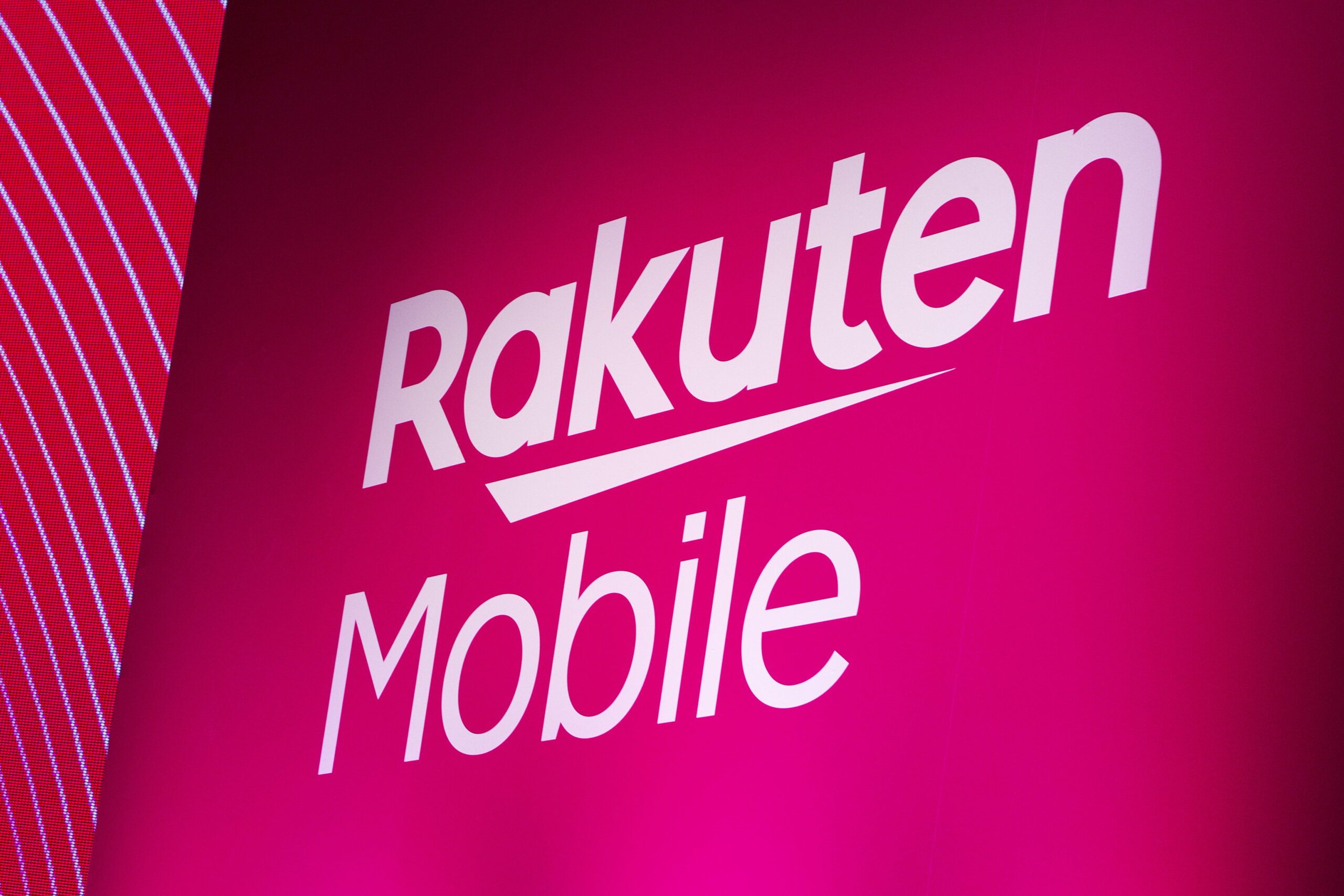Rakuten Mobile has recently started R&D on the advancement of edge platform functions for the next communication standard after 5G
Japanese operator Rakuten Mobile said that its research and development (R&D) project into advanced edge cloud technologies for next-generation communications has been selected by Japan’s National Institute of Information and Communications Technology (NICT).
The telco said that NICT selected this project under the entity’s Beyond 5G Fund for Innovative Information and Communications Technology FY2023 Social Implementation and Overseas Development-oriented Strategic Program.
As part of this funded project, Rakuten Mobile has recently started research and development on the advancement of edge platform functions for the next communication standard after 5G.
Through this project, Rakuten Mobile aims to provide stable services in the edge cloud by enhancing edge platform functions in response to the growing communication volume that is expected to be demanded by future 6G networks.
In this R&D project, Rakuten Mobile said that it will work on enhancing coordination between edge data centers and central data centers, improving processing capacity in edge platforms and developing technology for the integrated operation of containers and virtual machines.
The Japanese telco also said it will also demonstrate the effectiveness of its technology in its own network by reducing latency and enhancing the performance of platforms for future multi-access edge computing use cases, in anticipation of future 6G systems.
Furthermore, by incorporating these technologies into the Symworld platform – a product deployed globally through Rakuten Mobile’s subsidiary, Rakuten Symphony – telecom operators and enterprise businesses around the world will have access to these technologies, the company added.
Rakuten Mobile expects to reach 8-10 million mobile subscribers by the end of 2024, the telco recently said in its earnings statement.
The telco added a total of 400,000 subscribers since August, ending October with 5.4 million, the company said in its earning statement.
In October alone, the telco said it attracted 192,000 new mobile customers. Meanwhile, the number of 4G base stations expanded by nearly 10,000 sites year-on-year to about 60,300 at the end of the third quarter of the year, Rakuten Mobile said.
Last month, Rakuten Mobile confirmed that it had received approval from the Minister of Internal Affairs and Communications for its special base station deployment plan to expand mobile services at 700 MHz, also known as the “platinum band.”
Rakuten Mobile previously said its spectrum in the so-called platinum band will enable the company to boost 5G coverage in 2024 by making use of existing assets.
Earlier this year, Rakuten Mobile signed a new three-year roaming agreement with rival operator KDDI and its subsidiary, Okinawa Cellular. Under the terms of the deal, KDDI will continue to provide roaming services for select indoor locations such as subways, underground shopping centers, tunnels and other indoor facilities and rural areas. The new roaming agreement was effective as of June 2023 and extends to September 2026.
The telcos said the new agreement replaces a deal announced in 2018, running to March 2026.

